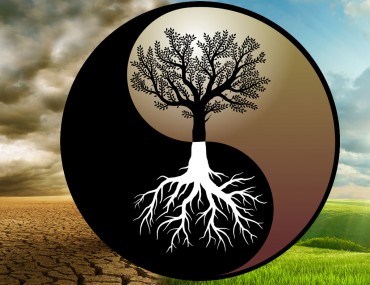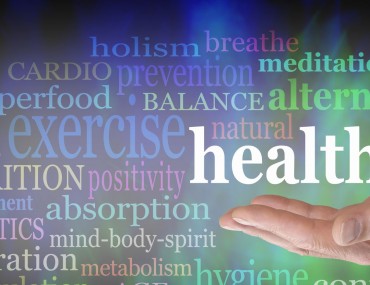
What are our symptoms trying to tell us?
Brendan Kelly, M Ac, L Ac, Herbalist
In classical Chinese medical thinking, there is a significant emphasis placed on the importance of intention. Rather than looking solely at the outside world and what we are doing in our day-to-day lives, there is the internal question of why we are doing what we are doing. The importance of this focus can become clear when we are looking at physical symptoms and how we go about trying to treat them.
Are symptoms, whether they are physical, mental or emotional, by their nature bad, and things to be gotten rid of? Or are symptoms messengers, trying to tell us something is out of balance, and thereby help us live a more harmonious life? The older aspects of Chinese medicine, which has been practiced continuously for many thousands of years, tell us that treating symptoms is only the first of three levels of medicine. The second level is to promote lasting well-being, which is already beyond the current western medical idea of preventative medicine, as prevention is still working in relationship to a disease. Perhaps this is more holistic then treating symptoms exclusively, but it is still oriented towards the disease nonetheless.
If the intention of the practitioner and the patient is simply to get rid of symptoms, we give up the opportunity of addressing the underlying cause of the condition. In understanding and hopefully address these deeper issues, it is possible for treatment processes to work at the second level that Chinese medicine describes, which is towards long lasting health.
With hot flashes and night sweats for example, it is possible to use pharmaceutical prescriptions to mimic or create changes in hormone levels in the body. This can help with feeling hot as well as sweating in the evening. But an underlying question is: why are the hormones out of balance in the first place? From my understanding and clinical experience in Chinese medicine, there are often two general, interconnected things happening. First, the ability of the body to cool itself has gone down. This lack of coolant is deferred to as Yin deficiency, with Yin being not only the coolant but all that is still and quiet. Deficiency obviously refers to a lack of something, so together, Yin deficiency means a lack of coolant as well as a lack of internal stillness and quiet.
Coupled with this lack of coolness is the corresponding rise of excess warmth, which is referred to as heat. This heat can be created internally on its own when the energy (which Chinese medicine refers to as Qi) and/or the organs are being overworked or overexcited. Just as heat rises upward in a building, with the second floor often being warmer than the first, heat can rise upward within us as well. This can account for the upward rush of warmth and the reddening of the face with a hot flash. Together, this extra heat and lack of coolant is referred to as Yin deficient heat, which is the most common cause of night sweats and hot flashes in the evening.
While Chinese medicine has many millennium of experience understanding and treating this condition, it is also important to understand what the symptoms are trying to tell us. A common cause of this lack of coolant and extra heat is from doing too much and being too little. When our internal energy and internal organs are too active for too long from too much physical or mental work, not only is heat created but also our ability to rest can be compromised. In relatively extreme cases, it can appear as an inability to sit still and relax, and a strong urge to keep doing things physically or mentally. One basic lifestyle message that night sweats and hot flashes are likely trying to convey is slow down and do less.
As is common in most conditions, what we eat and drink can contribute significantly to our well-being, or lack thereof. As one part of night sweats and hot flashes is excess heat, ingesting things that contribute to the extra warmth is obviously contributing to the problem. Two common drinks that are very warming that we as a society ingest a great deal of are alcohol and coffee. It is not an exaggeration to say that drinking coffee and alcohol while having night sweats and hot flashes is like continually adding fuel to the fire.
As with any symptom, night sweats and hot flashes are an opportunity to change. The more dramatic they become, the more we are being encouraged to listen to what is happening internally, and respond in ways that both address the symptoms and promote long-term wellbeing.
Copyright 2013, Brendan Kelly. All rights reserved.




